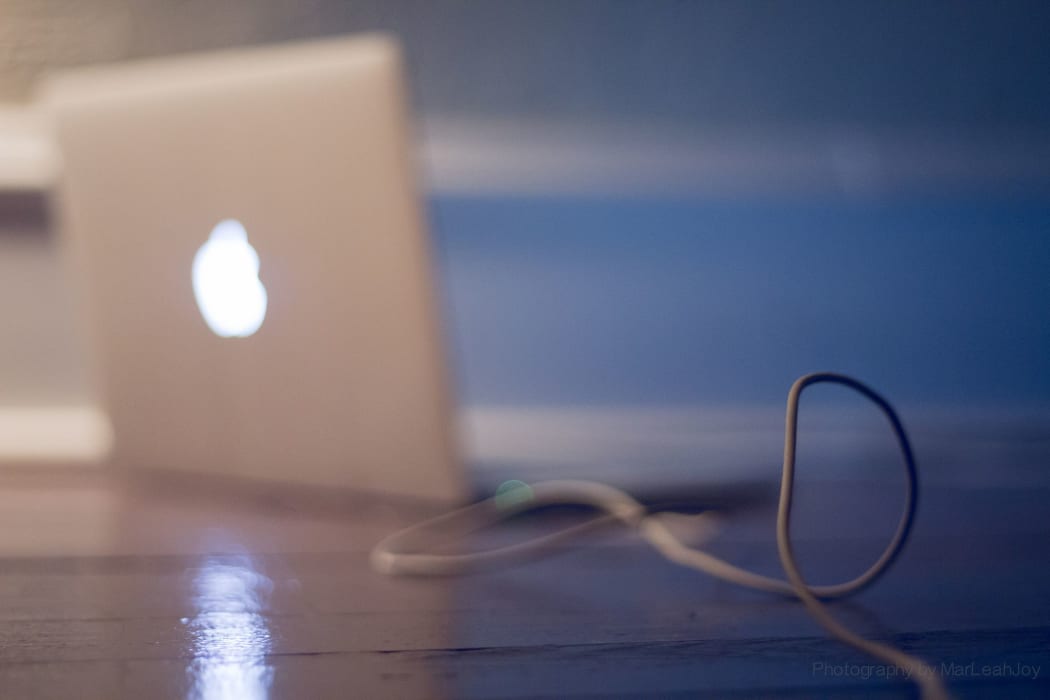
Photo: Flickr user MarLeah Cole / CC BY 2.0
Google is offering American users a screening test for depression, which pops up when you search 'depression' or 'clinical depression'.
The concept has split academics and those in mental health services around the world.
Victoria University psychology professor Marc Wilson says while it's not a bad idea in principle, there are risks of misdiagnosis and oversimplifying a complex issue.
Google's depression test is based on the PHQ-9 – a simple user-friendly test which anyone can do online.
THe PHQ-9 test asks if you've experienced in the last two weeks both the cognitive elements of depression – how you think about yourself and the world around you, and behavioural elements – such as whether you're getting too little or too much sleep and have stopped enjoying the things you usually enjoy.
The test is about 80% accurate at diagnosing depression, but there's some concern about whether it's very good at determining between severe and moderate cases, Wilson says.
Also, some people will score as depressed on the PHQ-9 when they aren't.
"For example, at the moment there are a lot of students studying for exams. They're going to be having trouble sleeping, they're going to be feeling tired the next day – not because they're depressed, but because there are things going on in their lives causing stress."
No matter how you score, you'll need confirmation to confirm the diagnosis face to face with a professional, which brings up the question of whether New Zealand has the mental health resources to meet the potential demand, he says.
"When John Kirwan went on television and said 'It's okay for men to admit that they feel depressed' a lot of men felt validated and went to visit their GPs only to find we don't have as many resources available as, potentially, we need to manage an influx of people."
If you've been experiencing any of the symptoms mentioned above for four or more weeks, see your GP, Wilson says.
Where to get help:
Need to Talk? Free call or text 1737 anytime to speak to a trained counsellor for any reason.
Lifeline: 0800 543 354
Suicide Crisis Helpline: 0508 828 865 / 0508 TAUTOKO (24/7). This is a service for people who may be thinking about suicide, or those who are concerned about family or friends.
Depression Helpline: 0800 111 757 (24/7)
Samaritans: 0800 726 666 (24/7)
Youthline: 0800 376 633 (24/7) or free text 234 (8am-12am), or email talk@youthline.co.nz
What's Up: online chat (7pm-10pm) or 0800 WHATSUP / 0800 9428 787 children's helpline (1pm-10pm weekdays, 3pm-10pm weekends)
Kidsline (ages 5-18): 0800 543 754 (24/7)
Rural Support Trust Helpline: 0800 787 254
Healthline: 0800 611 116
Rainbow Youth: (09) 376 4155
If it is an emergency and you feel like you or someone else is at risk, call 111.

